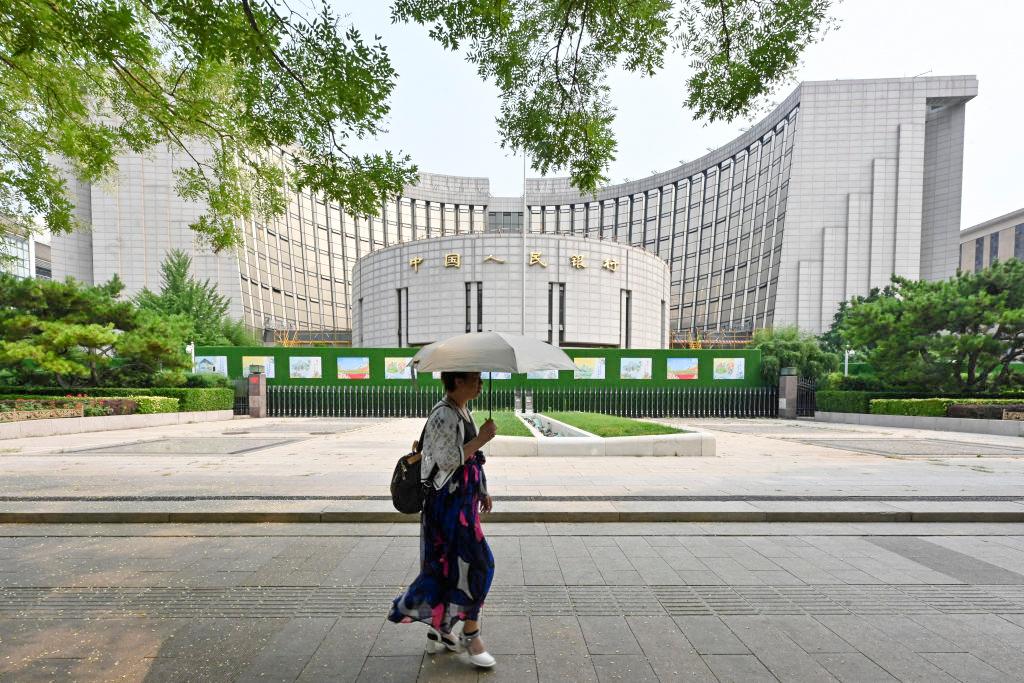The governor of the People’s Bank of China (PBOC), Pan Gongsheng, said on Oct. 18 that the central bank plans to lower banks’ reserve requirement ratio (RRR) by between 25 and 50 basis points in the fourth quarter, depending on market liquidity conditions.
The announcement at a financial forum in Beijing came as China reported this year’s slowest quarterly growth of its gross domestic product (GDP) at 4.6 percent for the third quarter, according to the Oct. 18 release by China’s National Bureau of Statistics. The official annual growth rate for January through September is 4.8 percent, lower than the 5 percent growth rate.



